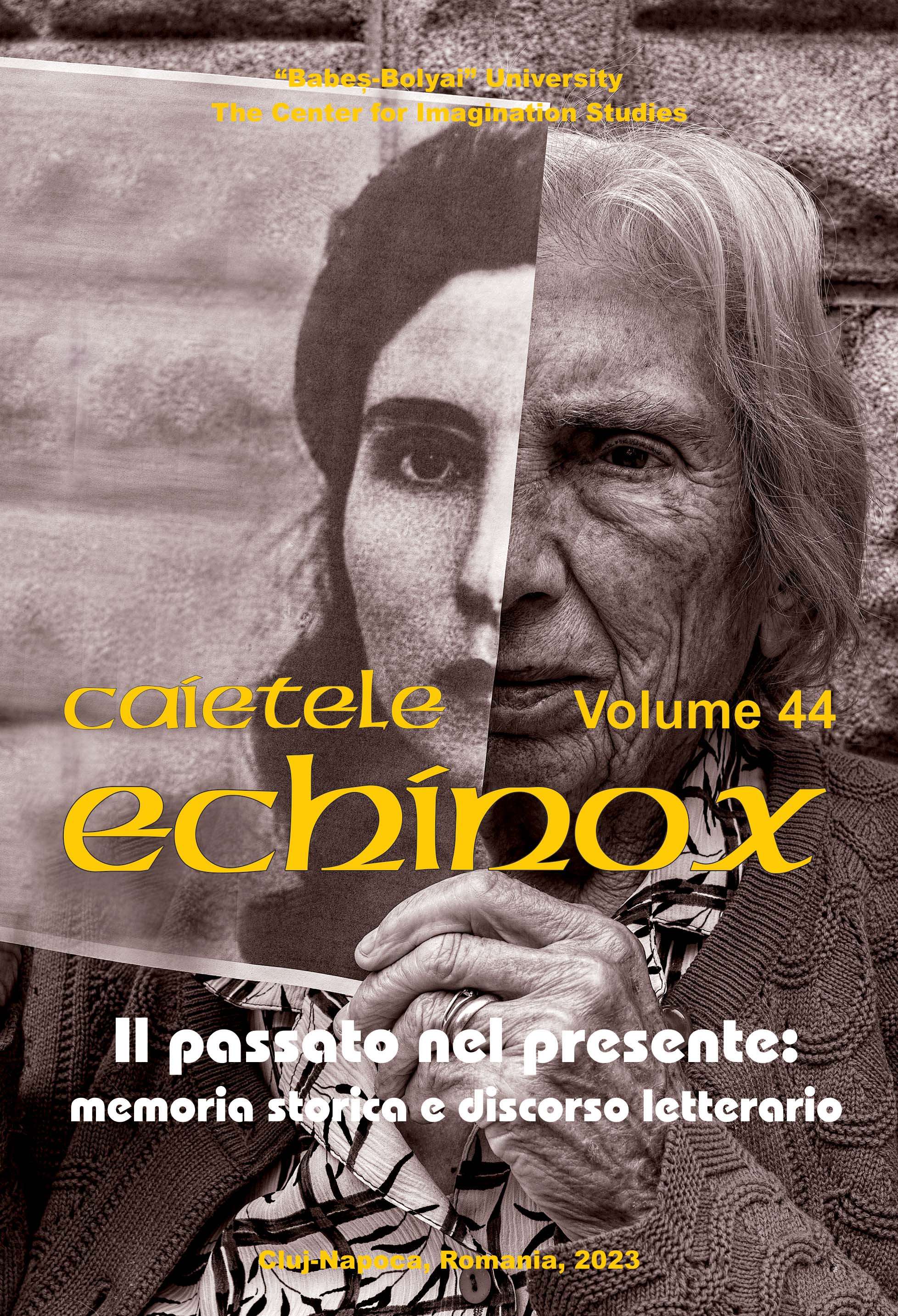Individual and Collective Memory in Shakespeare’s First Tetralogy, Between Myth and National Identity
Individual and Collective Memory in Shakespeare’s First Tetralogy, Between Myth and National Identity
Author(s): Nicoletta CaputoSubject(s): Literary Texts, Cultural history, History of ideas, Drama, Identity of Collectives, British Literature
Published by: Universitatea Babeş-Bolyai
Keywords: Shakespeare; Sources; History; Collective Memory; National Identity; Richard III; Henry VI;
Summary/Abstract: In Richard III, Act 3, young Prince Edward’s insistent questions about the origins of the Tower of London bring the issue of historical transmission to the foreground. Furthermore, the survival of truth across time is thematised throughout the first tetralogy. References to fame recur obsessively in the three parts of Henry VI, while in Richard III, Shakespeare subtly plays with a historical and historiographical tradition that is much indebted to memorial transmission. In this play, historical distortion is materialised in the deformed body of its protagonist, who becomes the emblem of a past reinterpreted and rewritten in the light of present interests. The article will show how, on the one hand, the dramatist goes beyond what already was a “vituperative history” and brings the so-called Tudor myth to its apex while, on the other hand, undermining this same myth.
Journal: Caietele Echinox
- Issue Year: 2023
- Issue No: 44
- Page Range: 29-44
- Page Count: 16
- Language: English
- Content File-PDF

